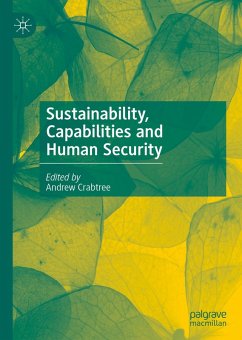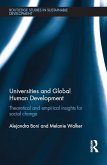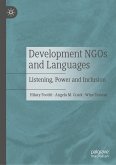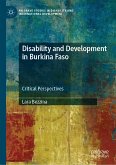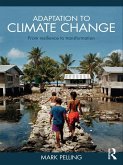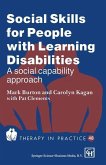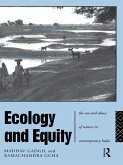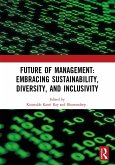'This book taps the enormous potential of the capability and human security approaches to address tensions between environmental and human priorities concealed within the phrase "sustainable development." The authors include leading thinkers within the capability and human security approaches. Their essays are highly thought-provoking.' -Jay Drydyk, Professor of Philosophy, Carleton University, Canada
Amartya Sen and Martha Nussbaum have made major contributions to development studies and social philosophy, yet sustainability issues have largely remained outside their domain despite sustainability's significance and complex relation to their central value of freedom. This volume explores sustainability from a capabilities perspective, with the motif of human security, inviting a lively discussion within the human development family. After introducing the two approaches, authors conceptualize relationships between capabilities and the environment, examine the scientific and normative validity of environmental indicators and analyse intergenerational justice. Climate change is used to exemplify that a human security approach can add anexplanatory ontology to the ethical criticisms of contemporary ways of life that champion consumerism. That ontology recognizes shared life experiences, problems and life challenges - a community of fate. The volume ends with a discussion of how the approaches can inform and sometimes critique the Sustainable Development Goals.
Andrew Crabtree is Adjunct Associate Professor in the Department of Management, Society and Communications, Copenhagen Business School, Denmark.
Dieser Download kann aus rechtlichen Gründen nur mit Rechnungsadresse in A, B, BG, CY, CZ, D, DK, EW, E, FIN, F, GR, HR, H, IRL, I, LT, L, LR, M, NL, PL, P, R, S, SLO, SK ausgeliefert werden.
"Sustainability, Capability, and Human Security encourages us to reflect on how we could construct a theoretical framework for sustainable human development based on the Capability Approach. It significantly advances the debates on this subject and constitutes a benchmark for those who would like to prolong them." (Jerome Ballet, Ecological Economics, Vol. 184, 2021)

